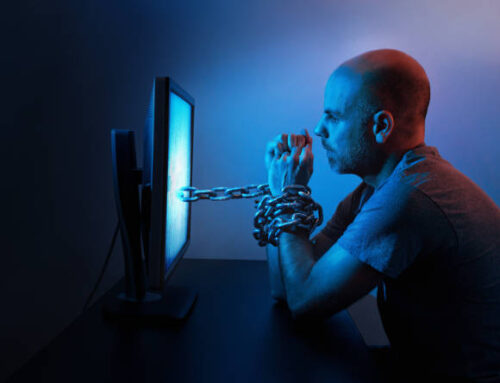Privacy and security are two important values that a parent often has to balance when it comes to raising their children. Kids need some degree of privacy in order to develop and grow as people, but parents have the right and duty to look after their children’s best interests. This applies not only to what they do in person but also to how they spend their time online.
Thus, we have the password dilemma. Is it appropriate to insist that you know your child’s passwords, or is it an invasion of their privacy? It’s a tough question: for some parents, safety iso important than knowing their children’s passwords is non-negotiable, while others may focus more on teaching them independence and the ability to self-manage. There is no single “right” answer, but if you decide that you need to know your kids’ passwords (and there are plenty of reasons to), then you need to take a balanced approach, otherwise you run the risk of making matters worse.
In Favor of Knowing Their Passwords
For younger children, the reasons for parents keeping track of their passwords are as much about practicality as they are safe. Young kids aren’t going to remember long and complex passwords and might not fully understand the log-in process, especially if you factor in things like confirmation emails or two-factor notifications. Additionally, if they are still just starting to use websites like YouTube, then it might just be easier for parents to log them in and out as needed anyway. Even McAfee Cyber Safety Ambassador Alex Merton-McCann has previously stated that parents should at least know their kids’ passwords until they are around 10 years of age.
From there, it gets more complicated. As they get older, it might still be necessary for parents to know their children’s passwords on the regular, especially if they have yet to prove that they can be fully trusted online. If a parent wants to give their child a bit more freedom, they can compromise by having them write their passwords down and placing them in a sealed envelope. That way if there is an online issue, you can access the account without issue.
A Few Words of Caution
While it is generally a good idea for parents to know their children’s passwords, is important to be open with your child about the level of access that you have. Kids can bristle at the idea that their accounts aren’t really THEIRS and might start showing resentment if they feel their parents have overstepped their bounds. Of course, older kids and teenagers are also more likely to run into issues like cyberbullying and sexual predators, so it is important to keep an eye on things until you are sure they can handle these types of issues on their own.
However, good intentions can quickly lead to problems if you push your authority too hard. Checking in on your children’s activities is one thing, but you should avoid “spying” on their accounts or giving into unhealthy curiosity. For instance, it’s fine to see who they’ve been chatting with, but once it’s clear that they’ve only been messaging friends that you know about, there is no reason to continue reading the messages or delve into the chats.
If you become too invasive, kids won’t want you to have access to any of their accounts, leading them to change their passwords, block you on social media, or create a new account that you don’t know about. This in turn might lead some parents to take a “hardline” approach and confiscate their devices if they aren’t willing to share, but this type of aggressive, parent vs. child conflict ultimately does nothing for your efforts to protect your children.
Working With Them, Not Against Them
Whether you decide that you need to know your child’s online passwords or not, the best option is to work together with your child to keep them safe and develop their sense of responsibility. Have regular check-ins, review their privacy settings, see who their online friends are, and take an interest in their online activities. It is much easier to keep your children safe if they are happy and willing to cooperate with you, so do what you can to make online safety not just your responsibility, but a family effort!





